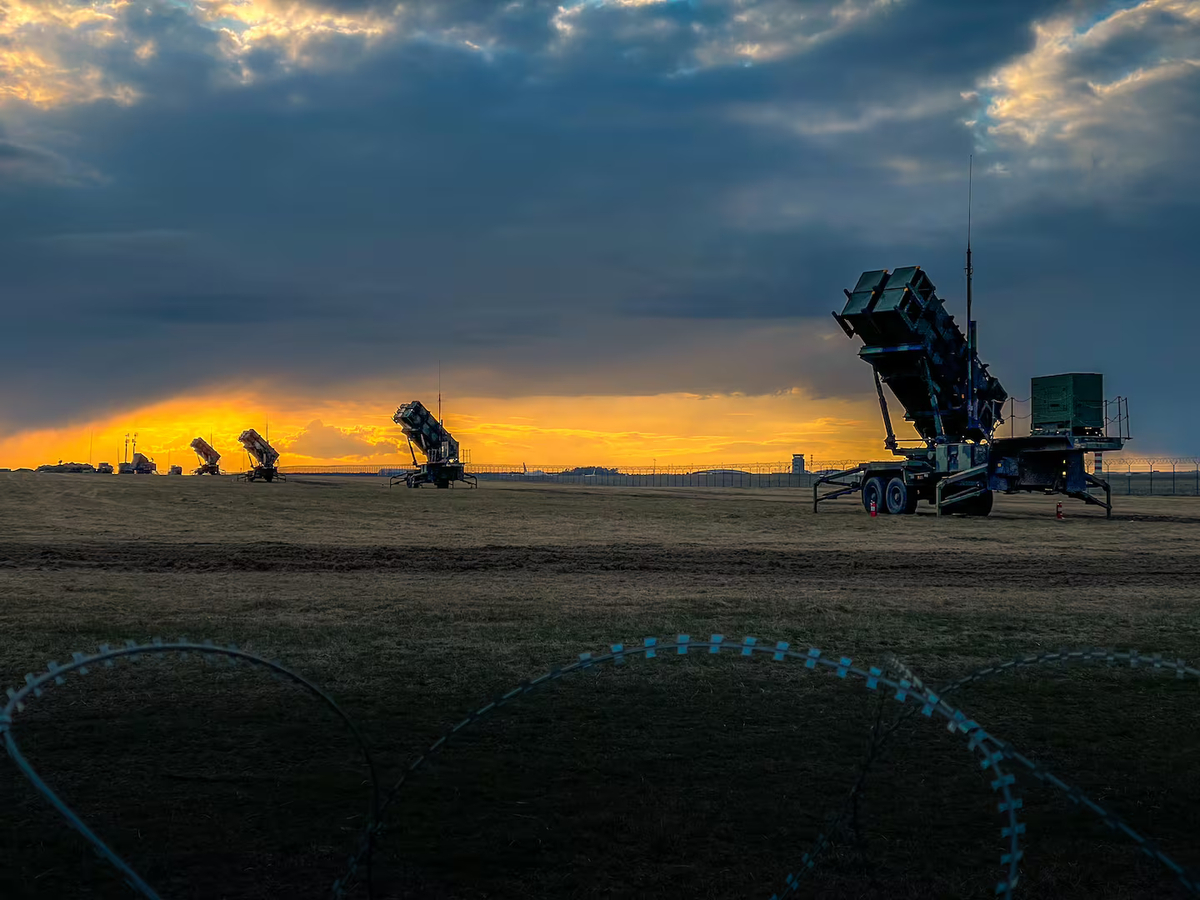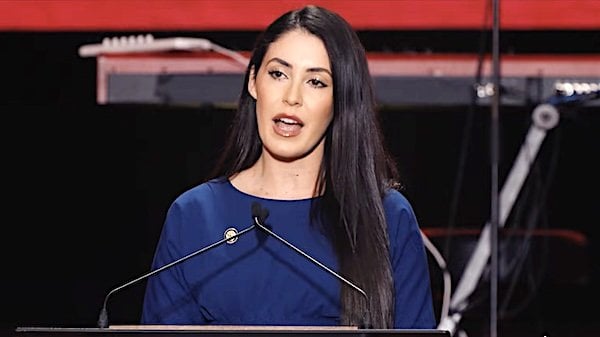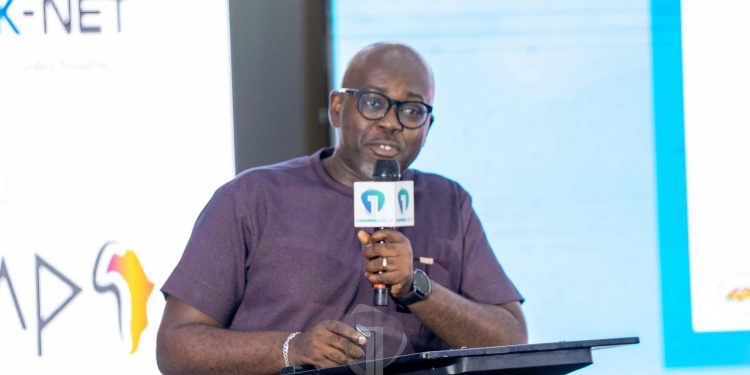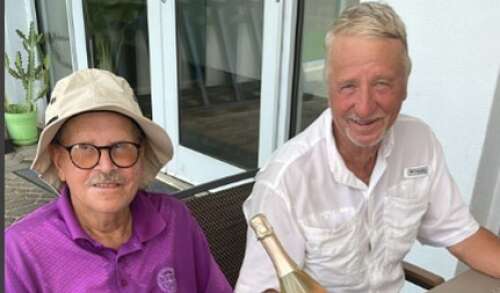Copyright kyivpost

WASHINGTON DC – President Volodymyr Zelensky confirmed on Saturday the operational status of a US-made Patriot air-defense system that originated in Israel, a transfer that was carefully orchestrated by Washington to circumvent political sensitivities in Jerusalem. “The Israeli system is operating in Ukraine for a month,” Zelensky told reporters. “We will receive [another] two Patriot systems in the fall, that’s all I’m going to say.” The deployment confirmed an intricate plan, first reported by US media in May, that involved Washington requesting that Israel return an older Patriot system for refurbishment before it was routed to Kyiv. The diplomatic maneuvering was necessary because Israel has historically resisted providing weapons to Ukraine, seeking to preserve complex relations with Moscow. Putin’s “monumentally stupid error” The arrival of the Patriot is seen by analysts as a potent indicator that Israel’s long-held policy of neutrality is finally cracking – a break driven not by Kyiv’s pleas, but by Moscow’s deepening embrace of Israel’s main regional adversary, Iran. Alex Plitsas, a former senior Pentagon official and a fellow at the Atlantic Council, argued that Moscow had fundamentally miscalculated its priorities. “Perhaps Russia’s decision to back Iran during the biggest existential crisis since the founding of the modern state of Israel was a bad idea,” Plitsas said. Speaking to Kyiv Post on Saturday, the analyst explained how the convergence of threats created an untenable position for Jerusalem. “Russia and Iran signed off on a strategic cooperation agreement while Iran was supplying Russia with drones and other material support for Putin’s personal war of ambition and war crimes in Ukraine at the same time Iran was engaged in a multi-front clandestine war against Israel, using proxies that turned into a hot war,” he said. Plitsas emphasized that Moscow had fundamentally crossed a red line that superseded historical diplomatic ties, which have long been colored by the fact that nearly 20-30 percent of Israel’s population is either a Russian immigrant or first-generation Russian Israeli. “When discussing Syria or other areas where Russia is operating in the region, Israeli officials have said that they know how to deconflict with Russia,” he noted. “However, Russia’s active support for Iran is beyond deconfliction. It’s material support to an existential threat to the state of Israel. That was a monumentally, stupid error in judgment on Putin’s part.” The transfer of the highly-capable Patriot system – which had been decommissioned by the Israeli Air Force last year – signals that the security calculus has shifted decisively in Jerusalem. Having replaced its older systems with its own multi-layered air defense array and newly deployed US THAAD interceptors, Israel can now quietly provide a crucial defense asset to Kyiv via the US without directly undermining its own security posture. The complex arms path The operational Patriot is now a tangible counterpoint to Russia’s consistent campaign to block such transfers. In June, after an Israeli envoy suggested the systems had been sent, the Israeli Foreign Ministry formally denied a direct transfer, stating, “Israel did not transfer Patriot systems to Ukraine,” even as Russian Foreign Ministry spokeswoman Maria Zakharova claimed Russia had received official assurances of that fact. The delivery confirms the efficacy of the US-brokered “triangle” deal, which was also reported in January to have seen the US take 90 Patriot interceptors out of storage in Israel to pass on to Ukraine via Poland. While Zelensky’s confirmation focused on the Israeli-sourced system, the larger procurement effort remains multinational. His reticence on the origin of the two additional Patriot systems expected in the fall suggests that those are likely part of a separate European pledge, specifically from Germany, which has publicly committed to more deliveries. The relentless push for air defense systems underscores Kyiv’s race to fortify its skies against an expected escalation of Russian missile and drone attacks in the coming months.



